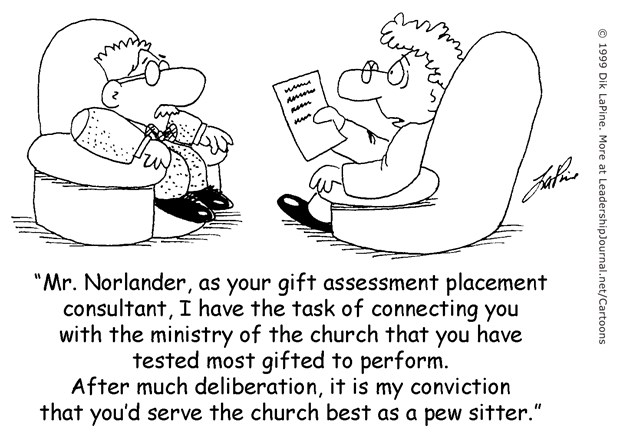
For the Spirit God gave us does not make us timid, but gives us power, love and self-discipline. - 2 Timothy 1:7
At one point during World War II, General George Patton met with a
high-ranking allied official in Sicily. The man praised Patton for his
courage and bravery. But Patton told him, “Sir, I am not a brave man... I
have never been within the sound of gunshot or in sight of battle in my
whole life that I wasn’t so scared that I had sweat in the palms of my
hands.”
Years later in his autobiography, General Patton revealed the secret to
his bravery. He wrote, “I have learned early in my life never to take
counsel of my fears.”
It’s astonishing just how much fear influences our daily decisions.
Think about it. How many decisions do you make daily based on a negative
event in the future that may or may not come to pass? And then, how
many of those fears actually materialize?
So how can we diagnose fear when we see it? By looking at its source.
Fear comes from either a lack of trust in God’s power, or a belief that
He doesn’t have your best interest at heart. When you fall into one of
those mindsets, you’re operating in fear, not trust.
As believers, we can overcome our fears in any situation by asking the
simple question, “What would I do here if I fully trusted God’s power
and goodness?” When we answer that and take action on it, we’ll be well
on our way to operating free from fear!
Prayer Challenge
Pray that God would expose areas of your life where you’re operating in fear, rather than trust in Him.
Questions for Thought
As you think about today’s devotional, what areas of your life come to
mind where you’ve been operating in fear rather than trust?
How might your daily decisions look differently if you fully trusted God’s power and goodness?
Visit the Senior Living Ministries website
Got No Spiritual Gifts
Today's Bible Verse...
Commit to the LORD whatever you do, and your plans will succeed. —Proverbs 16:3
Thoughts on Today's Verse...
The
real question behind this promise is very simple: How do I define
success for my plans? The answer is very simple as well: bringing glory
to God for his grace (see Eph. 1:6, 12, 14). Committing our works and
plans to God means surrendering them to God's will (James 4:13-15),
trusting that God will be glorified in them (Col. 3:17), and recognizing
that it is not in our power to properly guide our own steps (Prov.
16:9). God longs to bless us and empower us — not for our own selfish
ambition (James 3:16), but for our eternal good (Rom. 8:28) and God's
glory. Like Jesus, when we commit our plans and works to the Lord, we
are saying, "Not my will, Father, but yours be done!"

No comments:
Post a Comment